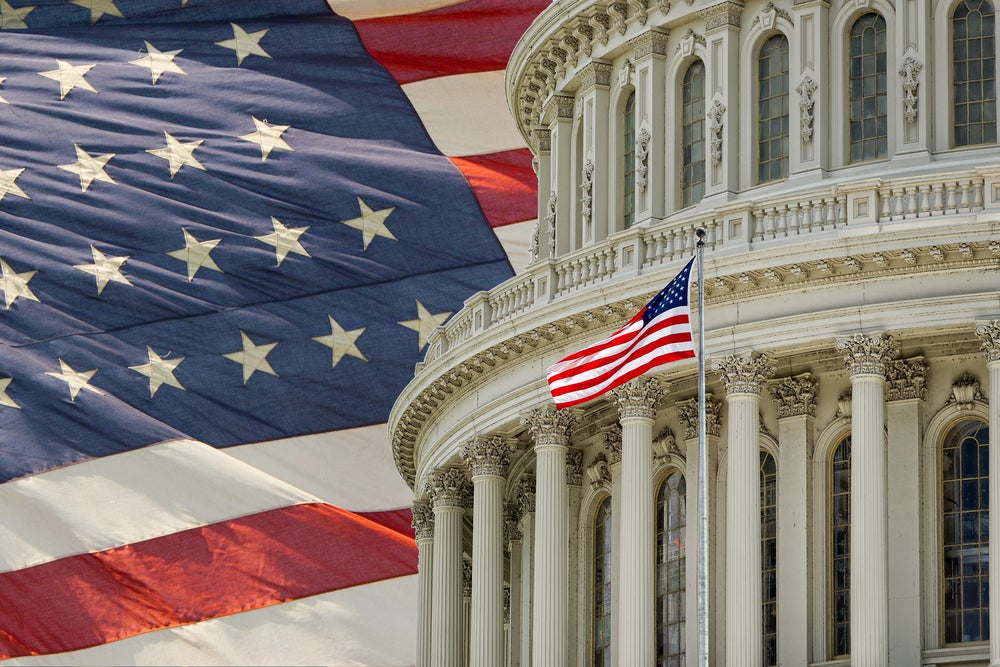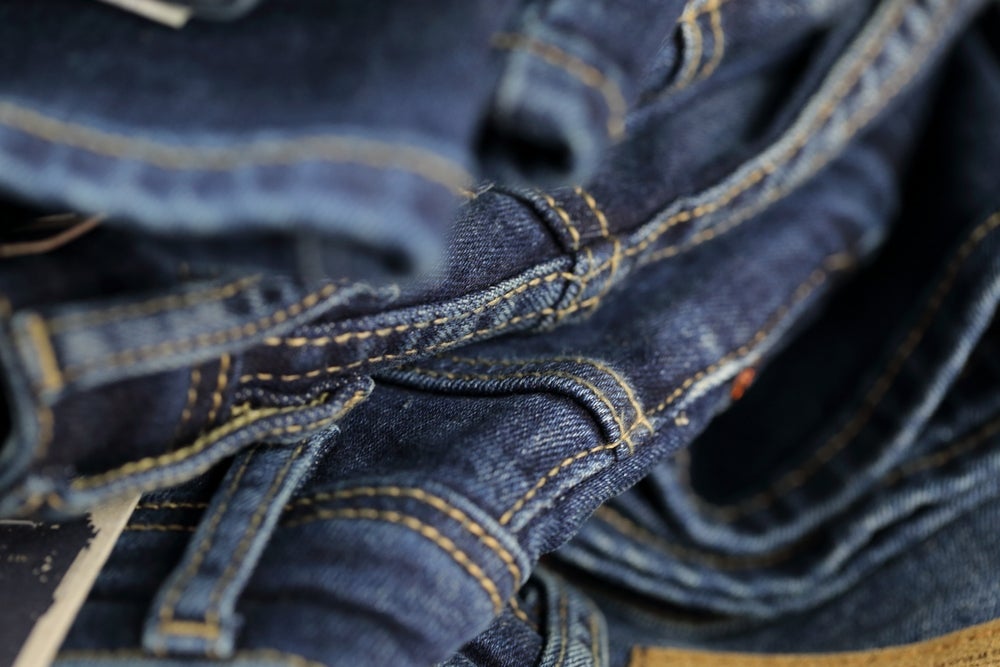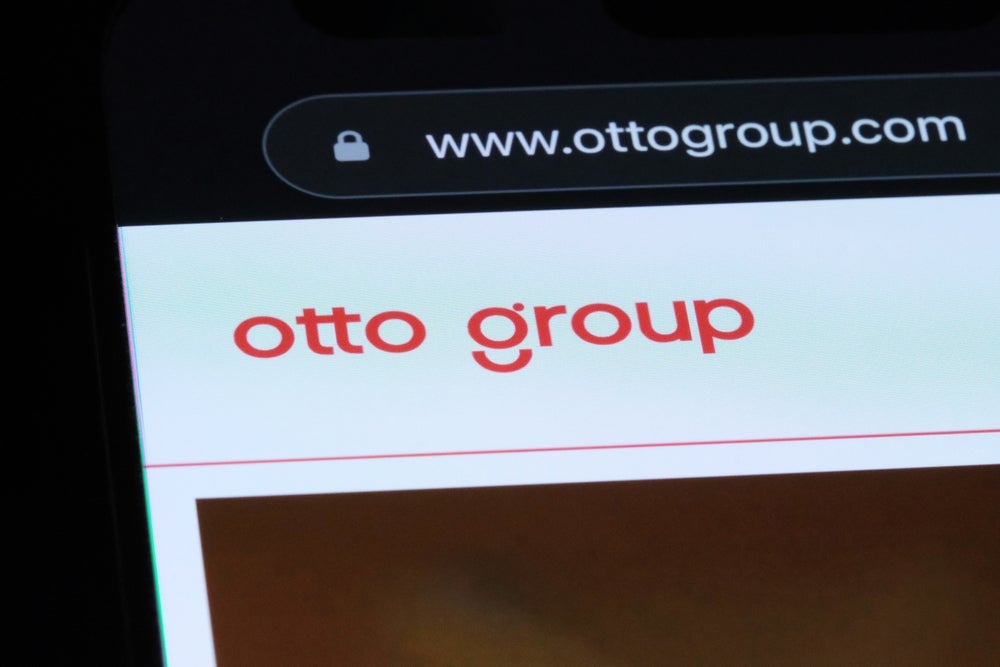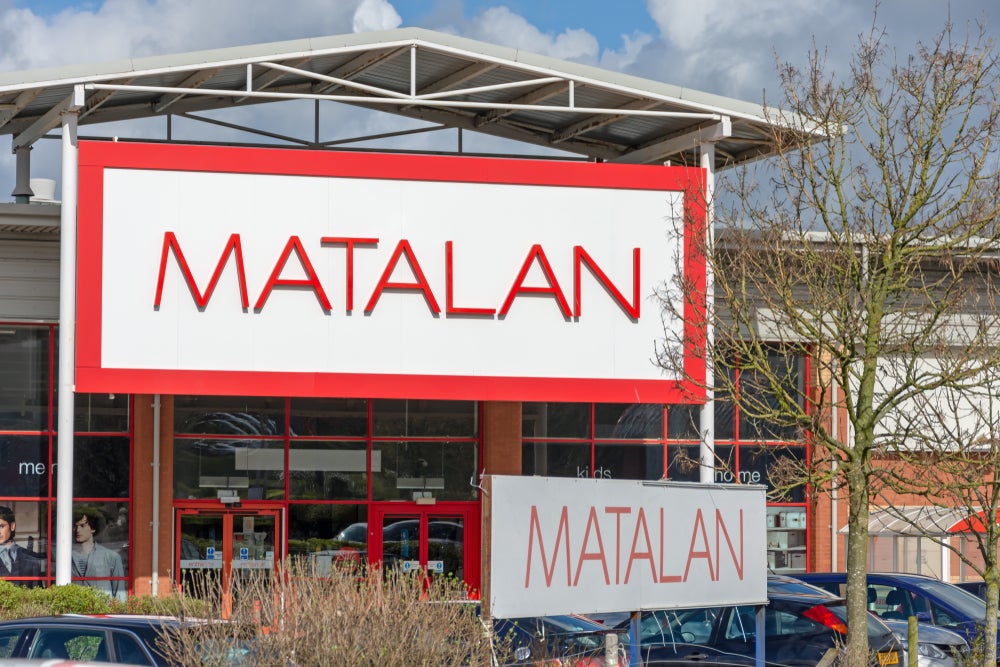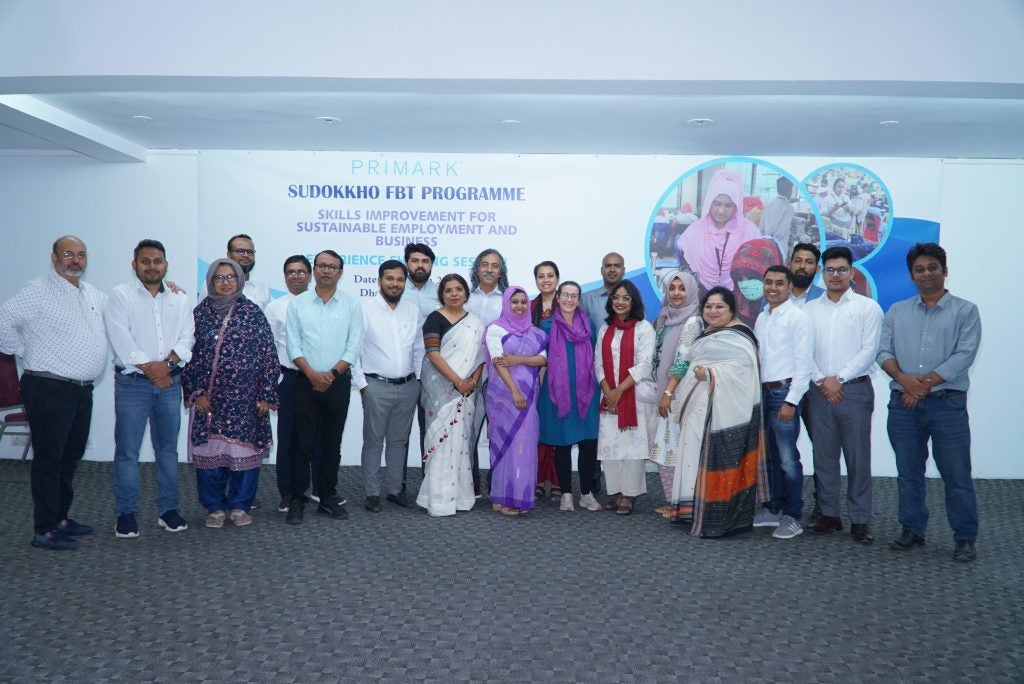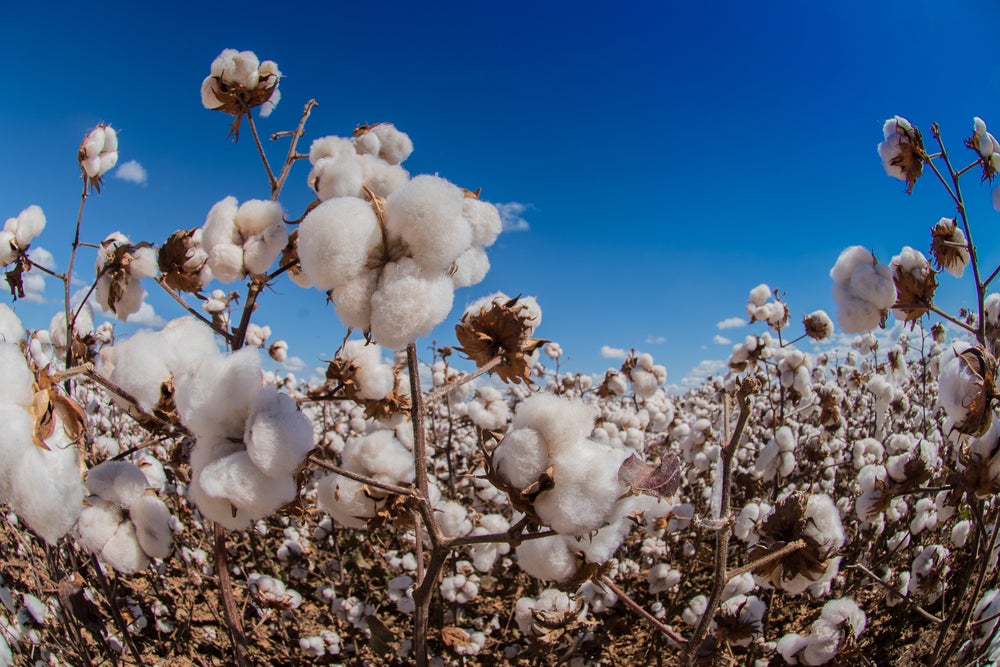The AGOA Renewal and Improvement Act of 2024 which was introduced by Senators Chris Coons and James Risch would extend the bill for 16 years until 2041 and continue to boost Africa’s duty-free status as a means of “attracting private sector investment to help underwrite economic development,” explained ACT.
The African coalition was keen to add that the AGOA renewal would provide “certainty” to US buyers and investors needed to continue the AGOA success story.
Beyond the extension, the AGOA Bill would also:
- Renew the critical third-country fabric provision for 16 years,
- Allow cumulation of inputs from North African AfCFTA countries,
- Add new eligibility criteria,
- Prohibit the use of inputs produced with forced labour,
- Modify the graduation provision,
- Require the US International Trade Commission to investigate expanding the products that are eligible for duty-free under AGOA.
Last week (12 April) the American Apparel and Footwear Association voiced its support to extend the AGOA by 16 years calling it “impactful” and “timely” as companies are looking to diversify away from China now more than ever.
AAFA president and CEO Steve Lamar said at the time: “AGOA renewal would bring quality work opportunities for African workers, many of whom are women, as companies commit to retain or grow orders from African factories as vital partners in their sourcing matrices.”
Initially established in 2000 with strong bipartisan backing, AGOA’s impact is credited with the creation of hundreds of thousands of direct jobs and over a million employment opportunities in support sectors throughout Africa.
Studies have highlighted AGOA's role in generating hundreds of thousands of jobs within the US.
However, uncertainty surrounding AGOA's renewal and the terms thereof has led to a contraction in U.S.-Africa trade. The timing of orders, often placed a year in advance, and the longevity of investments necessitate clarity on AGOA's future.





